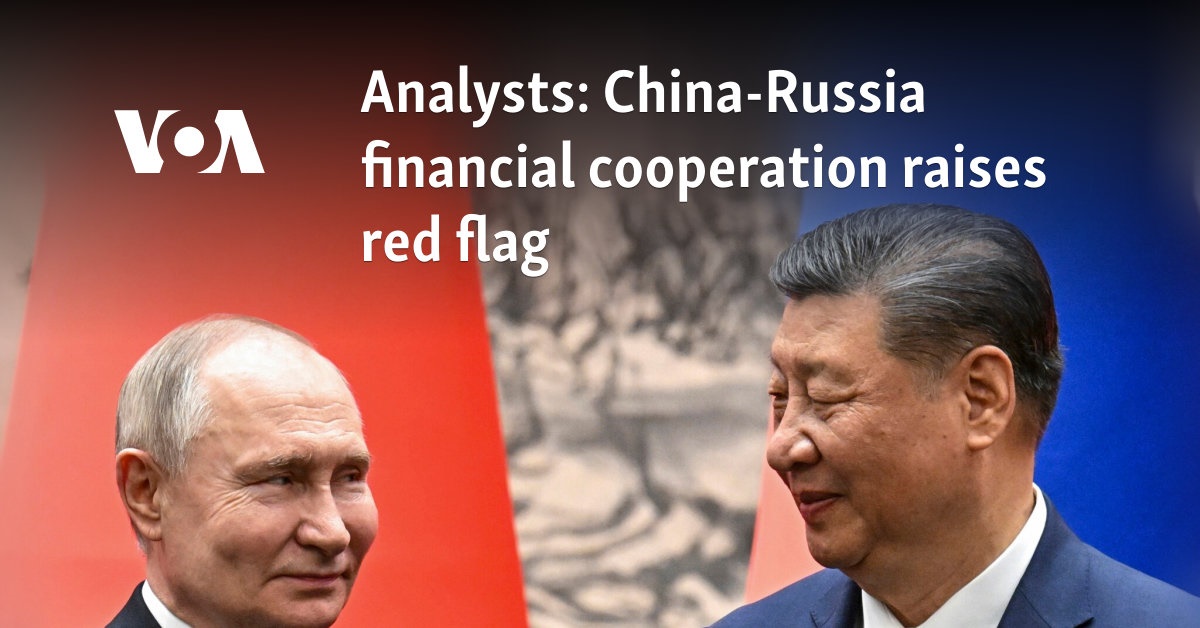China and Russia have recently agreed to expand their economic cooperation through a planned banking system, a move that analysts believe is aimed at supporting their militaries and undermining the U.S.-led global order. The joint communiqué issued by the two countries outlines plans to strengthen and develop the payment and settlement infrastructure, including opening corresponding accounts and establishing branches and subsidiary banks in both countries to facilitate smooth payment in trade.
The agreement was reached during a meeting between Chinese Premier Li Qiang and Russian Prime Minister Mikhail Mishustin in Moscow. Mishustin highlighted the unfair competition imposed by Western countries through illegitimate sanctions, prompting the need for closer economic ties between China and Russia. The use of their national currencies, the rouble and the RMB, in mutual payments has exceeded 95%, indicating a deepening cooperation in investment, economy, and trade.
The meeting between Li and Mishustin resulted in the signing of more than a dozen agreements on economic, investment, and transport cooperation. David Asher, a senior fellow at the Hudson Institute, emphasized the significance of this widening aperture of cooperation, which he believes will have a bigger military dimension, posing a threat to U.S. national security. He suggested that Russia could provide assistance to China in the Pacific and the South China Sea in exchange for Beijing’s support for Moscow’s economy and industry, particularly in light of Russia’s actions in Ukraine.
The U.S. has expressed concerns about China’s support for rebuilding Russia’s defense industrial base, particularly through the provision of dual-use goods like tools, microelectronics, and other equipment. The U.S. Treasury Department recently imposed sanctions on entities and individuals supporting Russia’s war efforts in Ukraine, including Chinese firms aiding Moscow in evading Western sanctions. In response to the China-Russia plan to set up a financial system to facilitate trade, the U.S. Deputy Treasury Secretary emphasized that Washington would take action against such initiatives.
As China and Russia seek alternative methods of payments to evade sanctions, there is a growing interest in non-U.S. dollar payment and settlement mechanisms. Russia suspended trading in dollars and euros in the Moscow Exchange in response to U.S. sanctions, signaling a shift towards other currencies. The use of central bank digital currencies, cryptocurrencies, and stable coins is also being considered as potential alternatives for transactions between the two countries.
Despite the deepening economic and financial cooperation between China and Russia, experts suggest that China is unlikely to jeopardize its ties with Western markets to support Russia’s actions. While the partnership between the two countries may have implications for global geopolitics and security, China’s economic interests with the West remain a priority. The evolving dynamics of the China-Russia relationship in the economic and financial realms will continue to be closely monitored by international observers.


